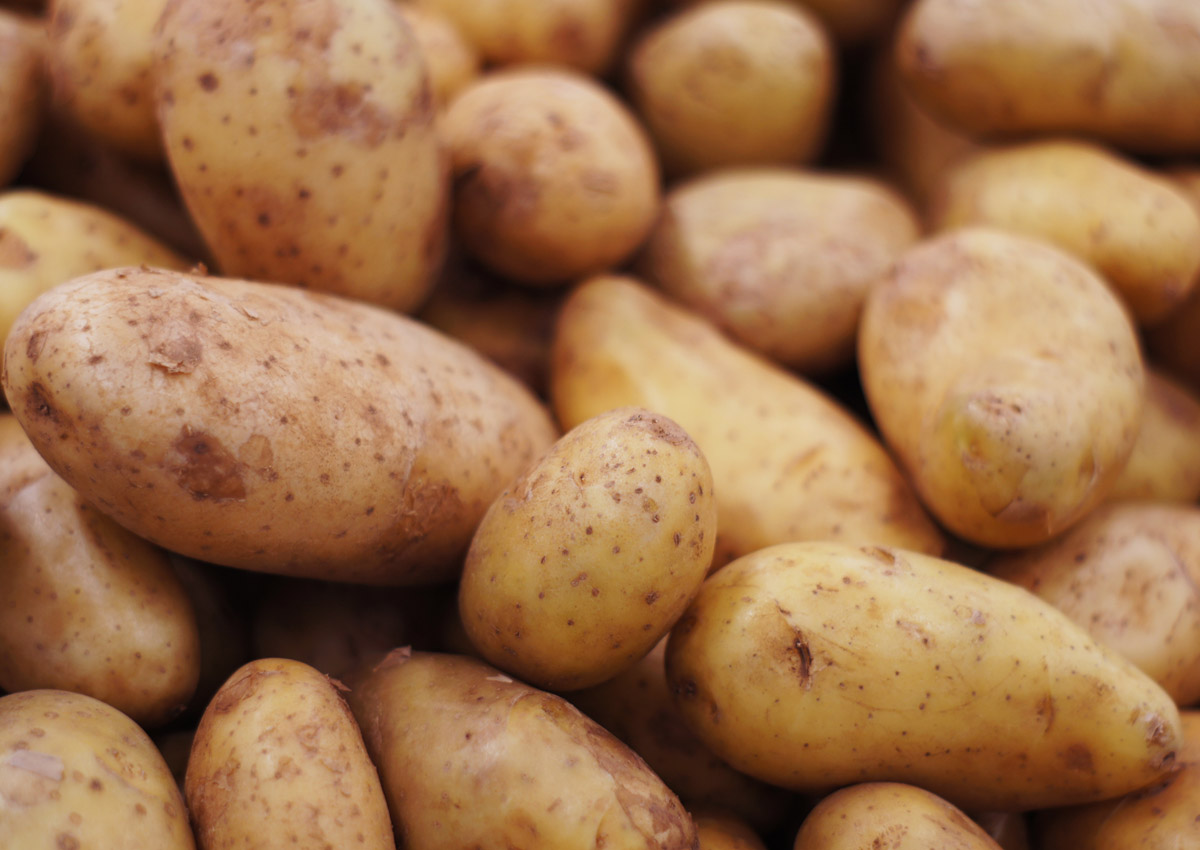
Potato Genome Decoded by German Research Team
March 9, 2022| |
For the first time, researchers from the Ludwig Maximilian University in Munich and the Max Planck Institute for Plant Breeding Research in Cologne have completely decoded the highly complex genome of the potato.
The researchers, led by geneticist Korbinian Schneeberger from the Max Planck Institute for Plant Breeding Research have now succeeded in assembling the first complete genome of the potato, a breakthrough that paves the way for breeding new and robust varieties. "Potatoes are increasingly becoming part of basic nutrition around the world," says Schneeberger. He added that even in Asian countries like China where rice is the traditional staple, the potato is gaining ground. This study can now support genome-based breeding of new potato varieties that are more productive and resilient to climate change, which has a huge impact on global food security for decades to come.
The potato has low diversity and anyone who buys potatoes today is very likely to go home with a variety that was around more than 100 years ago. Low diversity has always made potato plants susceptible to diseases, as evident during the Irish famine in the 1840s. Likewise, reconstructing the potato genome was a far greater technical challenge than the human genome because the potato inherits two copies of each chromosome from each parent. Four copies of each chromosome mean four copies of each gene, which makes creating new varieties with the desired combination of individual traits very difficult and time-consuming.
Schneeberger and colleague Hequan Sun and other employees circumvented this problem by not using the DNA taken from the leaf tissue as usual but analyzing the genomes of individual pollen cells. Unlike other cells, each pollen cell contains only two copies of each chromosome, making it easier to reconstruct the genome. With the new information, researchers can now easily identify gene variants that are responsible for desired traits.
For more details, read the article on the Max Planck Institute for Plant Breeding Research website.
| |
You might also like:
- US Backs Biotech Potato Research for Asia, Africa
- FSANZ Rules GM Potatoes Are Safe, Calls the Public to Comment
- Bioengineered Late Blight Resistant Potato to Benefit 300,000 Smallholder Farmers in Uganda
Biotech Updates is a weekly newsletter of ISAAA, a not-for-profit organization. It is distributed for free to over 22,000 subscribers worldwide to inform them about the key developments in biosciences, especially in biotechnology. Your support will help us in our mission to feed the world with knowledge. You can help by donating as little as $10.
-
See more articles:
-
News from Around the World
- Climate Change Affecting Billions of Lives; Impacts Irreversible, Latest IPCC Report Says
- Researchers Discover Imbalanced Expression of Genes Help Improve Wheat Yield
- AU Government Backs Research on Preventing Crop Frost Damage Using “Ice Nucleating” Bacteria
- Philippine Government Updates Biotech Regulations to Speed Up Approvals
- Potato Genome Decoded by German Research Team
-
Research Highlights
- New Transporter Identified to Help Balance Zinc and Iron Homeostasis in Maize
- Researchers Explore Impact of Nanomaterials on Plants under Salt Stress
- Study Provides Clues in Breeding Stress-resistant Tortured Willow
-
Read the latest: - Biotech Updates (December 17, 2025)
- Gene Editing Supplement (December 17, 2025)
- Gene Drive Supplement (February 22, 2023)
-
Subscribe to BU: - Share
- Tweet

